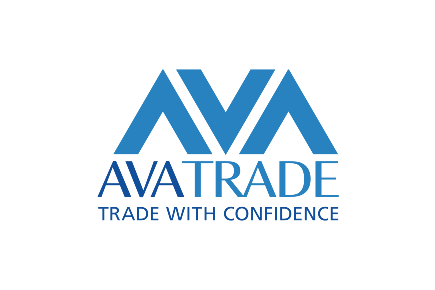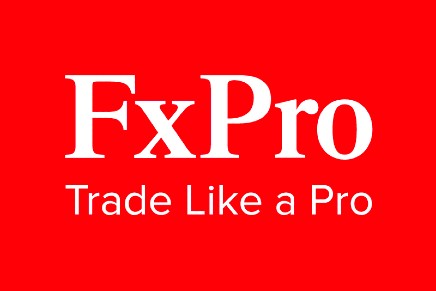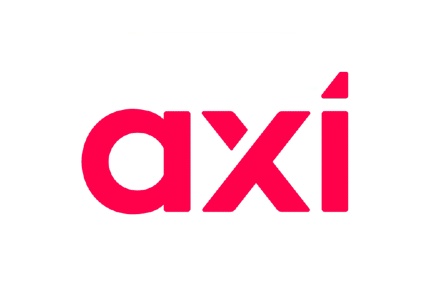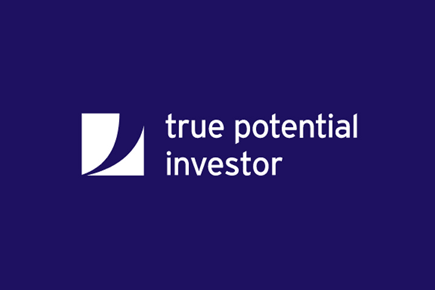THE #1 INVESTING COMPARISON SITE
Expert reviews of investing platforms and trading brokers, plus guides on where and how to trade, invest and save.
Featured investing platform

Copy top traders
- Best for copy trading
- Free trading on stocks
- Easy account opening
Featured trading platform

Commission free trading
- User friendly mobile app
- Excellent trading tools
- Tight spreads
Featured CFD platform

250+ financial instruments
- Good educational content
- Great trading platforms
- Easy account opening
Latest Customer Reviews
- Learn how to invest in the FTSE100
- Have you considered transferring your pension?
- Find the best trading platforms








